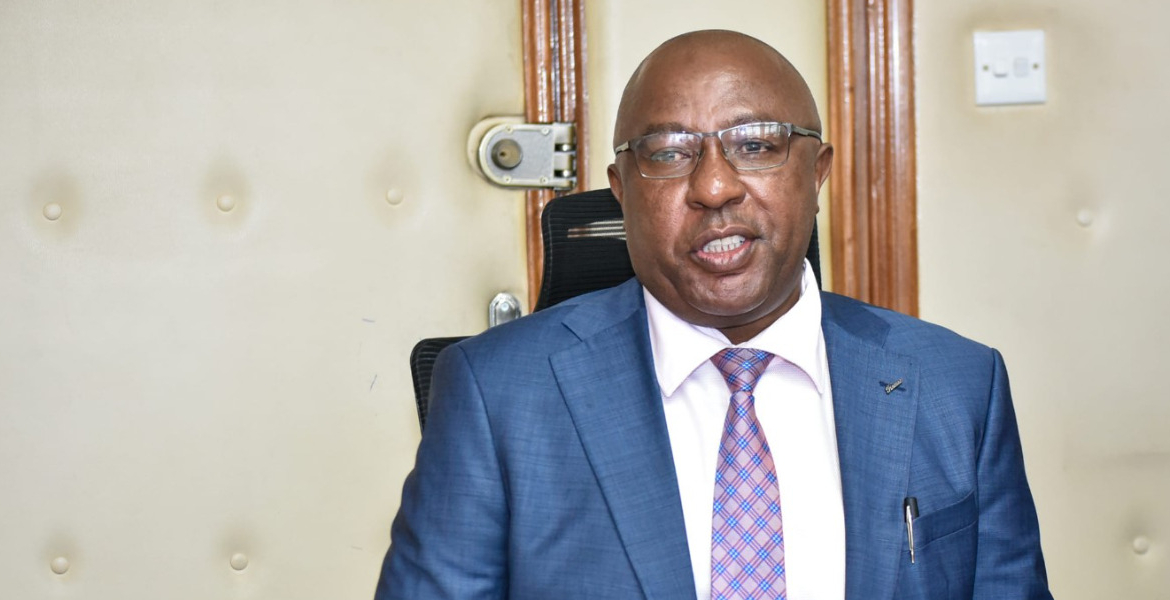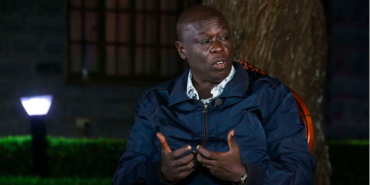Kenyan Schools Shut Early as Capitation Shortfall Disrupts KCSE Preparation

A funding shortfall has forced public secondary schools across Kenya to close a week earlier than scheduled, severely disrupting the academic calendar and raising concerns about students' preparedness for national examinations.
The premature closure extends the holiday period to four weeks, with classes now expected to resume on 25 August for the pivotal Third Term. The Kenya Secondary School Heads Association (Kessha) reports that most institutions ceased operations last week, with only national and extra-county schools—which benefit from greater financial stability—remaining open. Kessha chairperson Willie Kuria characterises the situation as "dire," attributing the closures to the government's failure to disburse adequate funds in a timely manner.
“Schools are sending students home, not by choice, but because they cannot continue operating,” Kuria said, highlighting the severity of the financial strain.
The Second Term is a crucial period for students preparing for the Kenya Certificate of Secondary Education (KCSE) examinations. The financial constraints have particularly hampered schools’ ability to conduct essential science practicals and procure necessary learning materials. Kuria reveals that institutions received only Sh2,300 per student in First Term and Sh3,200 in Second Term, figures significantly below what is required for effective operation.
The annual capitation per student has also been reduced from Sh22,244 to approximately Sh16,900, exacerbating the financial pressures. The implications of this funding deficit are far-reaching. Educators now face the daunting task of compressing the remaining syllabus into a limited timeframe during the shorter, academically intensive Third Term.
“We return in August to do all we can to cram the remaining syllabus into a few weeks. That’s not right,” Kuria lamented, warning about the potential impact on the quality of education.
Beyond academics, schools are struggling to pay staff salaries—often in arrears—and to settle utility bills. Some institutions have been forced to shut down administrative offices and postal services due to a lack of funds. In many cases, schools have resorted to collecting funds from parents to cover expenses that should be government-funded.
Education Cabinet Secretary Julius Ogamba has acknowledged the funding delays, attributing them to ongoing financial realignments. He assures school heads that funds would be released during the Third Term, though specifics remain vague.
Kuria expresses scepticism about the promised disbursement, citing previous shortfalls and ambiguous assurances.
"There is no clarity as we head to the last term. The statement by the CS is vague. We doubt it will be the full amount," he said.








Add new comment